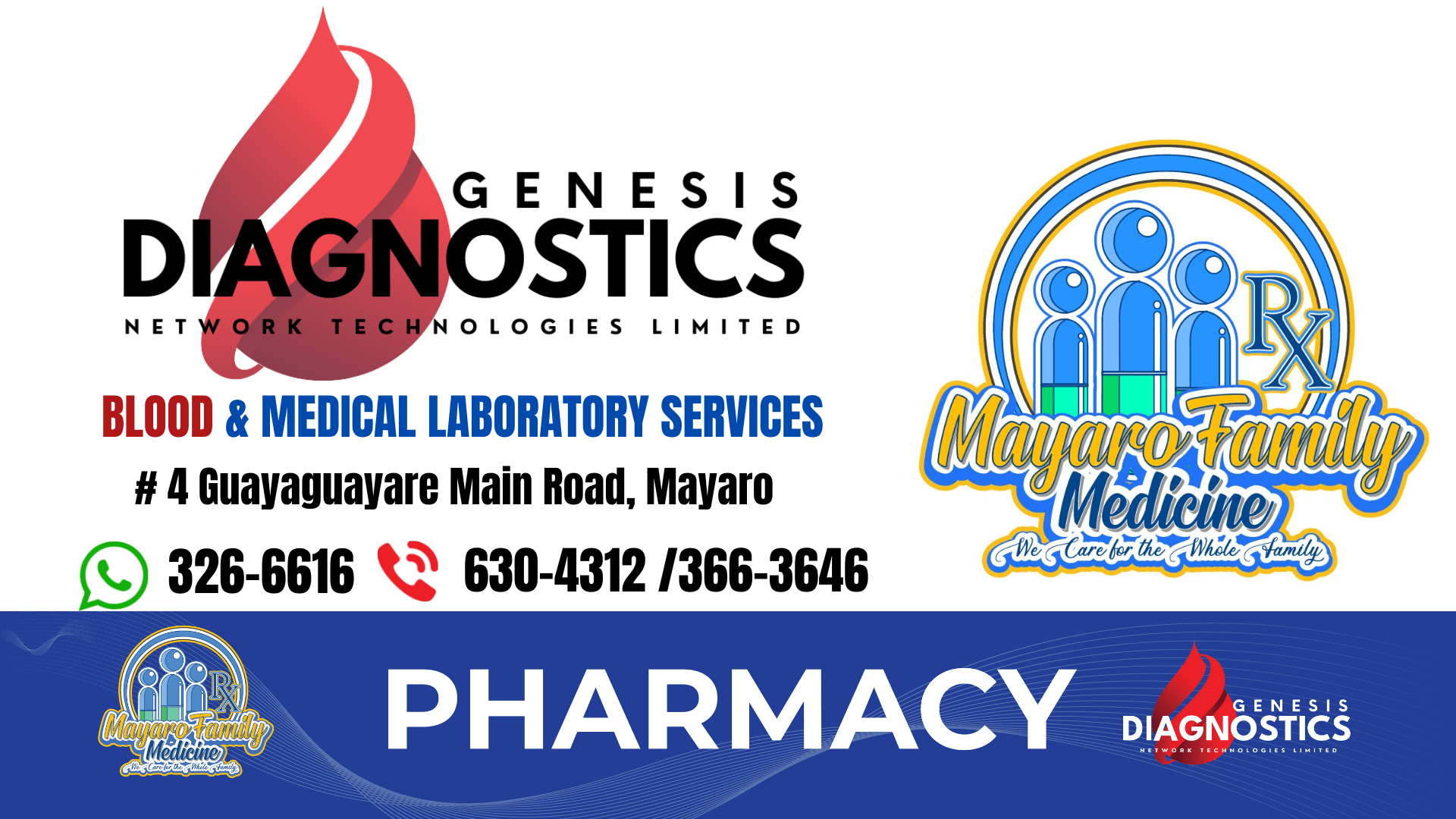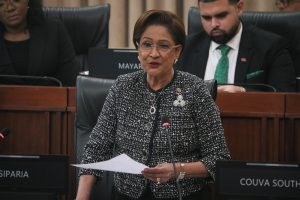FOR two years from March 2020 to March 2022, more than 6,000 reports of domestic violence were made to the police.
Health Minister Terrence Deyalsingh disclosed this information on Wednesday adding that the majority of reports were as a result of Intimate Partner Violence (IPV).
The exact number of reports made during the height of the Covid-19 pandemic was 6,250, the minister revealed.

He was speaking during the ministry’s launch of the National Clinical and Policy Guidelines on Intimate Partner Violence (IPV) and Sexual Violence.
Deyalsingh said according to data compiled in 2017 data, 30 per cent of all women in intimate relationship experienced physical or sexual abuse from their partners.
One in five women also experienced non-partner sexual abuse in her lifetime.
Deyalsingh said, “The mental health burdens imposed on our women as a result of IPV is another issue which must be given consideration.”
He called on men to treat women with the respect they deserve.
Wednesday was also International Women’s Day.
Last year, Prime Minister Dr Keith Rowley declared violence a public health emergency.

Deyalsingh said, “We recognise the old solutions don’t fit the new problems. This issue of treating violence as a public health initiative – the honourable Prime Minister has taken the decision, together with his Caricom colleagues, to elevate it to a Caricom level, because the solutions do not only lie within our limited borders.
“The guns that the men use to threaten women do not come from Trinidad and Tobago. The guns come from elsewhere. The gun a man uses to murder his wife is not manufactured in Trinidad and Tobago. It comes from outside. So the solutions have to be all-encompassing for the Caribbean.”
Also speaking at the launch was Pan American Health Organisation (PAHO) representative Dr Erica Wheeler.

PAHO has donated laptops to the health sector to be used to record data on the domestic abuse of women.
Dr Wheeler said 250 healthcare workers were trained to use the recording system being referred to as SIP-VAW and 25 of those were also trained as trainers with more persons to be trained as trainers.
“It will focus on data entry, analysis and reporting and will bring together the regional health authority staff who work in such areas as medical records, IT and research alongside some other clinical staff,” she said.
![]()











